WASHINGTON — South Carolina voters will cast ballots for president and other contests in the Nov. 5 general election, but with less fanfare than when they helped kick off the presidential campaign season in February with a pair of first-in-the-South primaries.
Republican former President Donald Trump, Democratic Vice President Kamala Harris, and five third-party candidates will compete for the state’s nine electoral votes in the race to replace Democratic President Joe Biden. The state has consistently voted for the Republican nominee for president. The last Democrat to win South Carolina was Jimmy Carter in 1976. Four years ago, Trump won South Carolina by about 22 percentage points.
Voters will also pick their representatives in the U.S. House as well as in both chambers of the state Legislature. There is one statewide ballot measure this year, which would require proof of citizenship to vote. That policy has been a priority for Republicans nationally this year, even though it is already illegal for noncitizens to vote for federal office and data indicates voting by noncitizens is rare.
Six of the state’s seven incumbent representatives are seeking reelection. Seven-term Rep. Jeff Duncan, who represented the 3rd Congressional District in the northwestern corner of the state, announced at the beginning of the year that he would not run again. Republican Sheri Biggs is heavily favored to replace him after defeating a Trump-backed primary opponent in the very conservative district. If Biggs wins, she will join Rep. Nancy Mace of the 1st District as the only Republican women South Carolina has ever sent to Congress.
The state does not have U.S. Senate or state executive offices on the ballot this year.
South Carolina doesn’t historically see much advance voting — it’s one of the few states that still requires an excuse to vote absentee. Even in the pandemic-affected 2020 presidential election, only one-third of the state’s ballots were cast by mail.
The state is generally able to wrap up its elections in one night. In general elections since 2014, South Carolina has added no more than about 5% of its vote after Election Day.
The Associated Press doesn’t make projections and will declare a winner only when it has determined there is no scenario that would allow the trailing candidates to close the gap. If a race hasn’t been called, the AP will continue to cover any newsworthy developments, like candidate concessions or declarations of victory. In doing so, the AP will make clear it hasn’t declared a winner and explain why.
Here’s a look at what to expect in the 2024 election in South Carolina:
Nov. 5.
7 p.m. ET.
9 awarded to statewide winner.
President: Harris (D) vs. Trump (R) vs. Cornel West (United Citizens) vs. Jill Stein (Green) vs. Chase Oliver (Libertarian) and two others.
Ballot measure: Amendment 1 (require citizenship to vote).
U.S. House, state Senate and state House.
2020: Trump (R) 55%, Biden (D) 43%, AP race call: Tue. Nov. 3, 2020, 7:56 p.m. ET.
Registered voters: 3,389,571 (as of Oct. 4, 2024).
Voter turnout in 2020 presidential election: 72% of registered voters.
Votes cast before Election Day 2020: about 53% of the total vote.
Votes cast before Election Day 2022: about 36% of the total vote.
Votes cast before Election Day 2024: See AP Advance Vote tracker.
First votes reported, Nov. 3, 2020: 7:09 p.m. ET.
By midnight ET: about 65% of total votes cast were reported.
___
Read more about how U.S. elections work at Explaining Election 2024, a series from The Associated Press aimed at helping make sense of the American democracy. The AP receives support from several private foundations to enhance its explanatory coverage of elections and democracy. See more about AP’s democracy initiative here. The AP is solely responsible for all content.


Be the first to comment